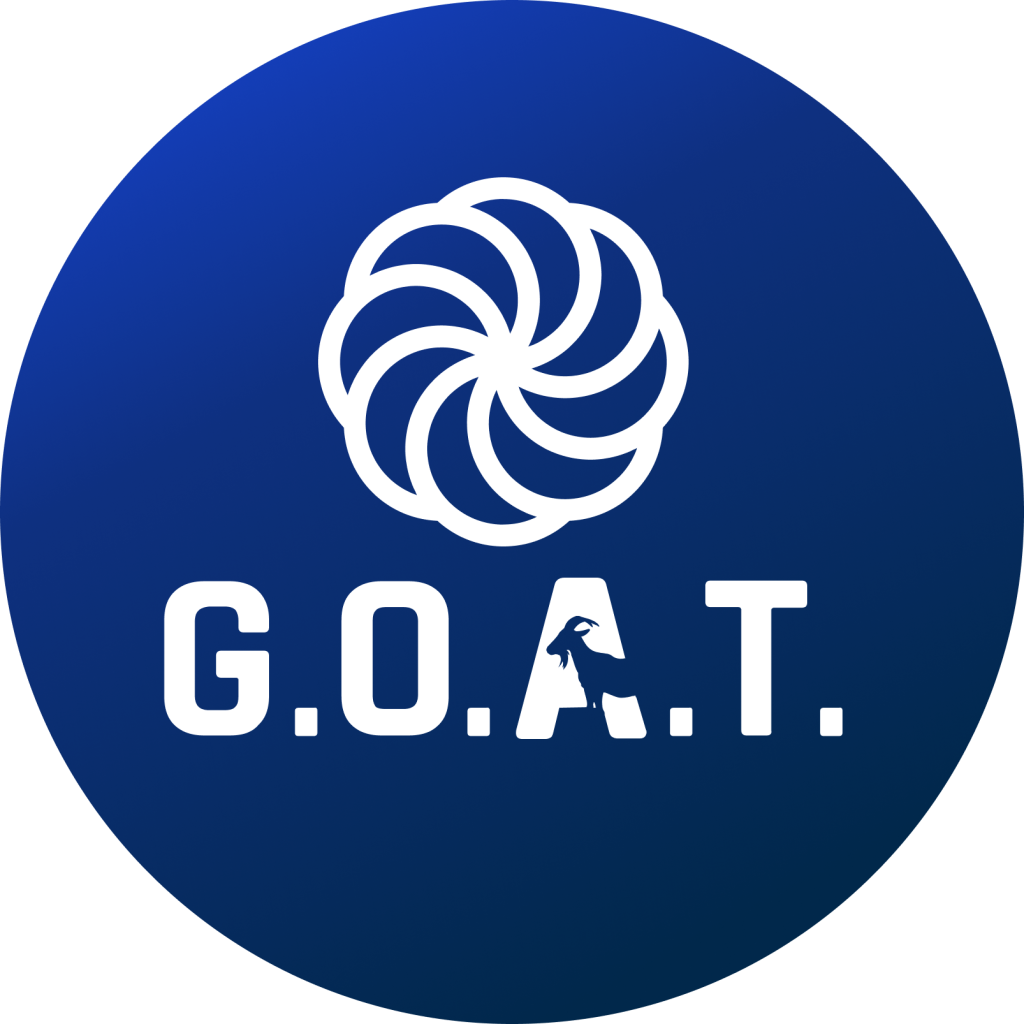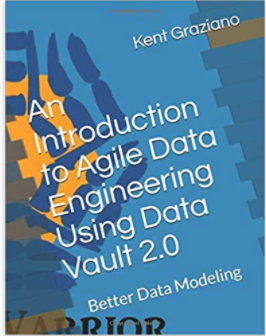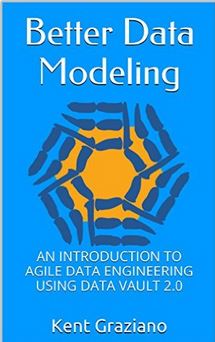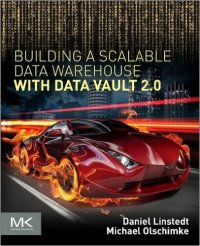Unlocking the Vault Podcast – What’s Coming in 2023
A few weeks back I was privileged to one of the guests on Dan Linstedt’s podcast, Unlocking the Vault, along with a bevy of other well know data visionaries, thought leaders, and practitioners.
Our topic was – it’s 2023 and we’re swimming in buzzwords like data mesh, decentralization, data lake house, etc. What’s actually the next big thing that we should take seriously? Are we forgetting something obvious or leaving something behind?
We had quite the discussion on what we see happening in 2023, where the industry is going, agile, DataOps, and loads more.
Listen in!
Enjoy!
Kent
The Data Warrior
P.S. If you enjoyed that discussion, lots more like that to come for an entire week at WWDVC 2023. It is not too late to sign up and join us in Stowe, Vermont! Register here today!









You must be logged in to post a comment.